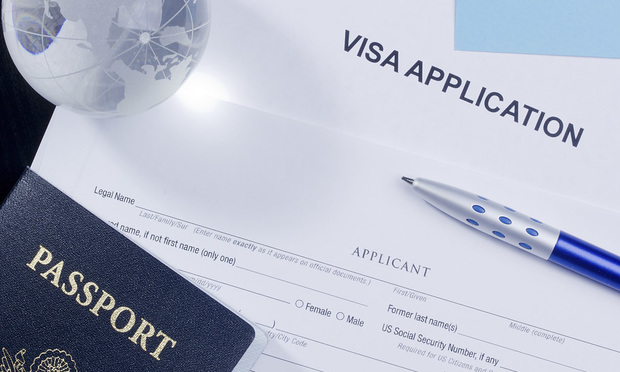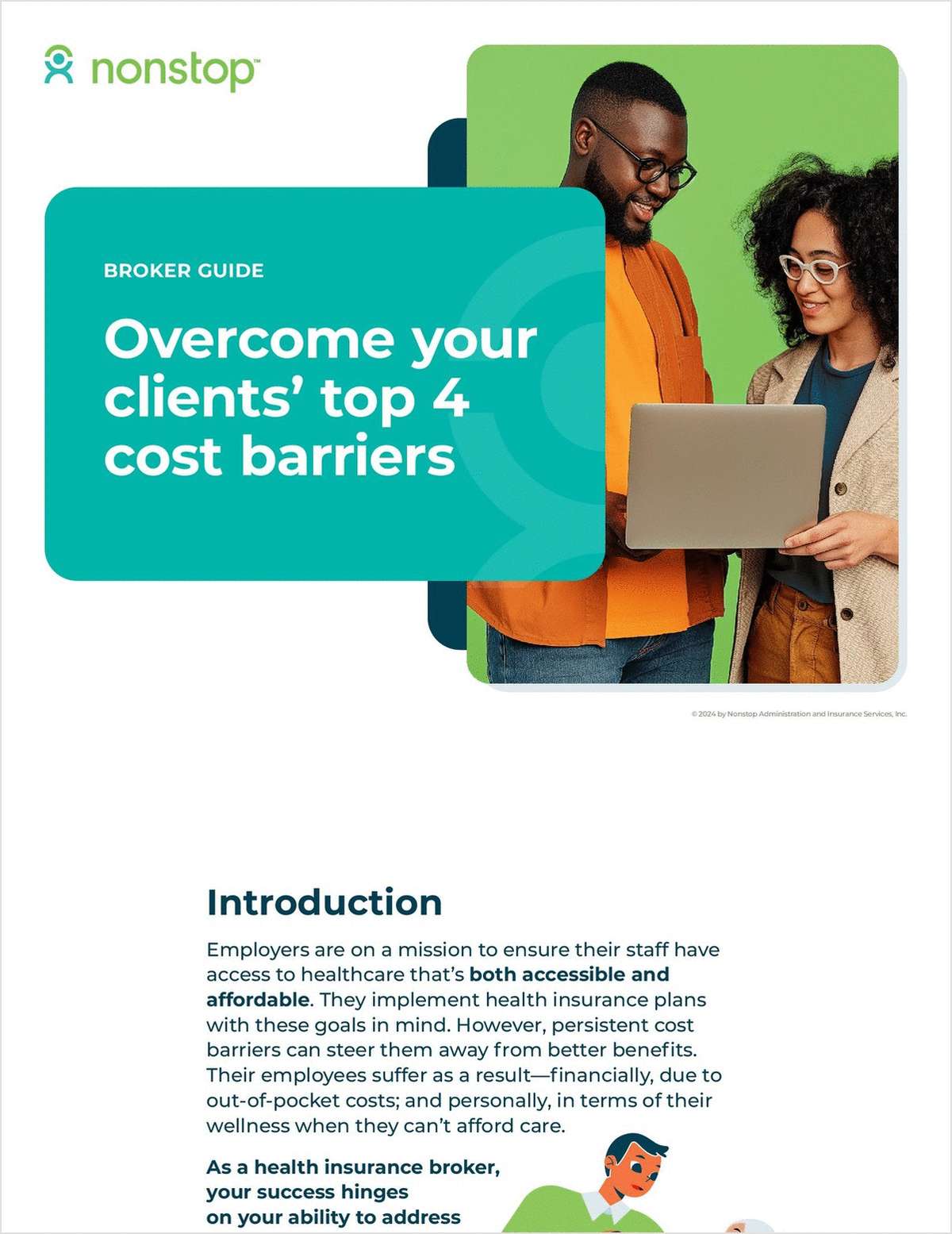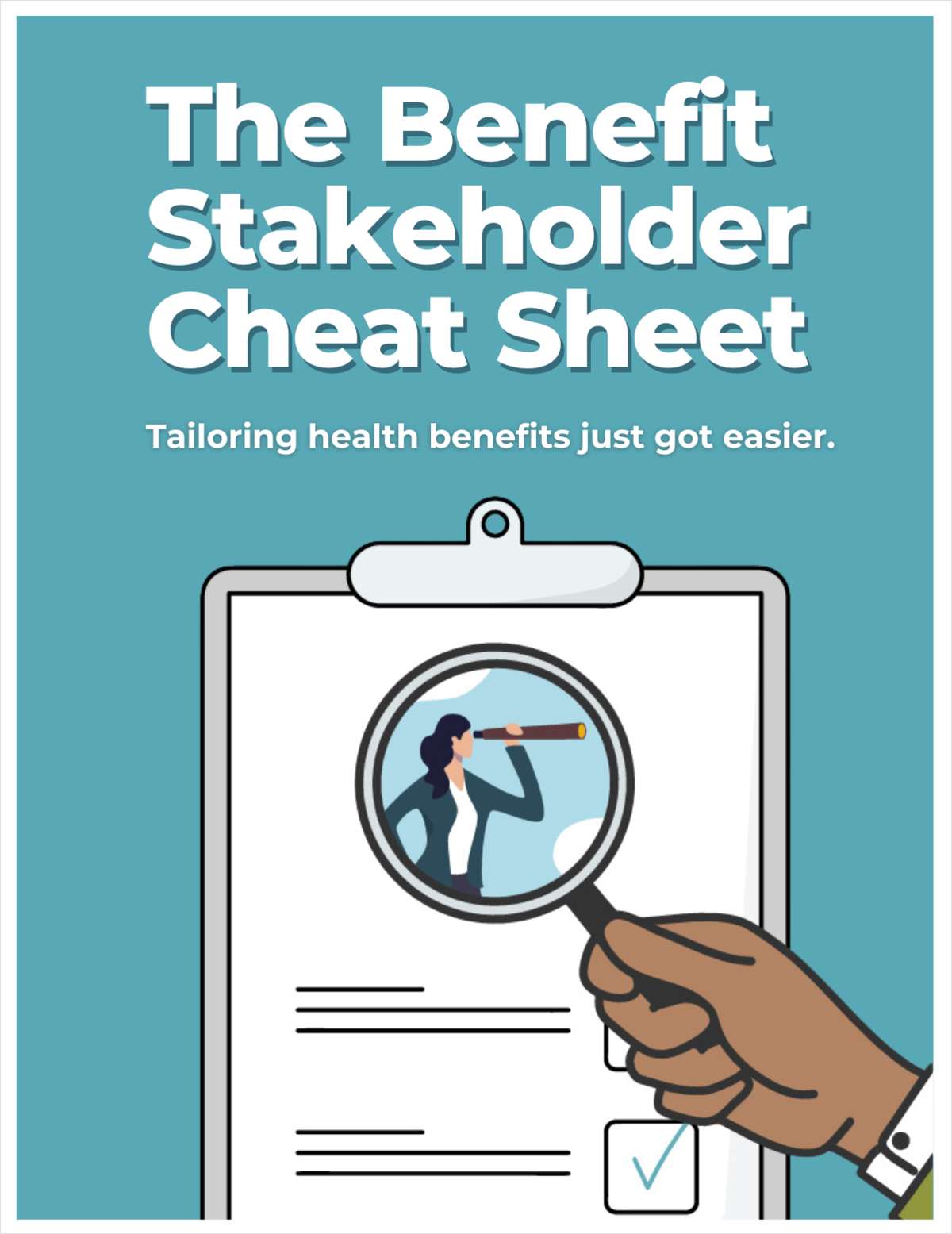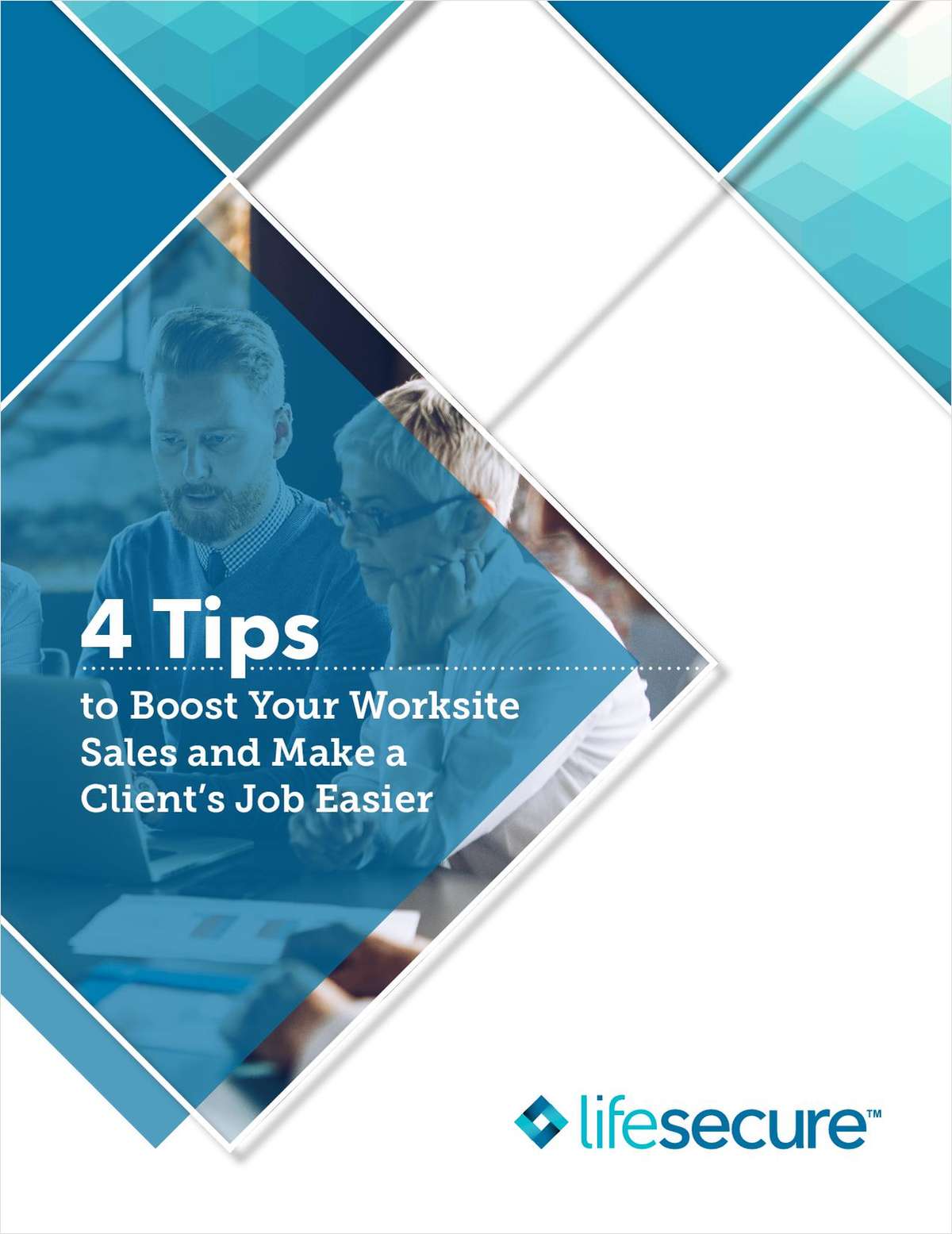 The 2017 executive order “Buy American,Hire American,” has resulted in significant changes to theprocessing of H-1B cap cases.
The 2017 executive order “Buy American,Hire American,” has resulted in significant changes to theprocessing of H-1B cap cases.
Immigration attorneys and their clients who utilize the H-1B visa program are entering into anextremely busy and stressful time of year: H-1B cap season. Newchanges to the processing of these cases, implemented at thebeginning of 2017, have empowered adjudicators on taking a morerestrictive interpretation on cases that, were viewed as routine,only a year ago.
|In 2017, U.S. Citizen and Immigration Services (USCIS)implemented the executive order “Buy American, Hire American,”resulting in these significant changes to the processing of H-1Bcap cases filed in April 2017. Though there were no specificchanges to regulations, the implementation of the executive orderhas particularly led to heightened scrutiny during the adjudication ofH-1B petitions, and an increase in the number of requests forevidence (RFEs) for these petitions. The effects of these changeswere seen in 2017's H-1B cap season, in which premium processingwas also suspended for several months, and the overall impact wasmonths of delays and additional work for both employers andemployees.
|Related: Is your company prepared for a DOLinvestigation?
|Last year was notable for the substantial increase in the numberof RFEs, particularly RFEs challenging entry-level or “Level 1”wages or the qualification of certain positions as specialtyoccupations. Often, USCIS would argue that the job duties providedin the petition were too complex to be considered entry level andwere therefore not properly classified as a wage Level 1position.
|Sometimes, however, USCIS took the opposite direction, andargued that since the position was at a Level 1 wage, it was notcomplex enough to qualify as a specialty occupation. Sometimes thechallenges were contradictory; USCIS would argue that if anentry-level position qualifies as a Level 1 wage, thenthat job wouldn't require a bachelor's degree in order to qualifyas a specialty occupation.
|Another unfortunate trend is that USCIS has begun to requestadditional information regarding the beneficiary's qualifications.The scrutiny is often directed toward jobs where there are multipledegrees that would qualify a person for that position. Inparticular, occupations such as financial analysts, market researchanalysts and computer programmers are examined more closely thanever before.
|There are also emerging occupations that don't have formalizedprograms widely offered by colleges yet, and if they are offered,there is not a wide pool of graduates with a degree in fields likedata and analytics. In order to address this issue, immigrationattorneys are tasked with showing that there are comparablebackgrounds that are common in other fields that would qualify aperson for this type of specialty knowledge.
|In addition, the recent push from those in the anti-immigrationmovement against the post-graduate work permission known asoptional practical training (OPT), along with allegations of abuseof curriculum practical training (CPT) by some schools, has led toa recent focus on graduates and students who are working pursuantto practical training and are then applying for H-1B petitions. TheUSCIS will most likely continue its scrutiny for both OPT and CPTto prevent future fraud and to circumvent foreign students fromdirectly accessing the U.S. labor market.
|The second half of 2017 also saw the reversal of a 2004 Bushadministration guidance and presented another significant change tothe processing of H-1B visa applications. In October 2017, USCISissued a policy memo that eliminated the prior guidance toadjudicators to give deference to a previous approval of an H-1Bvisa. Practically, this means that a petition for an extension ofan H-1B visa would meet just as much scrutiny as if petitioning forthe first time.
|Despite the absence of official rulemaking, these changes arebeing felt and are impacting employers and their H-1B employees.Even still, there are now rumors of more troubling immigrationrules on the horizon, and some that are already in the rule-makingprocess.
|Employers and employees should keep a lookout for changes toH-1B standards, H-4 employment authorization, and F-1/M-1 practicaltraining in particular. The H-4 employment authorization has beenone that has garnered the most vocal opposition lately. The H-4 isan Obama-era regulation and is limited to spouses of H-1Bnonimmigrants who have been in the United States for a long periodof time or are far enough along in the process to obtaining his orher green card. The removal of this benefit would not only impactthe families of H-1B visa holders, but also cause significantturnover for employers.
|Looking ahead to the 2019 H-1B cap, employers should continue tobe wary of the heightened scrutiny in the adjudication of H-1Bpetitions going into the 2019 H-1B cap. Employers should allocatetime and resources to answer the increased number of RFEs for thesepetitions and should recognize that there is a high likelihood thatthese RFEs will cause delays in the adjudication of the petitionsfor their employees.
|Based on experience, responding to these RFEs requires a teameffort including input from direct supervisors, employees and thirdparties which include professors and industry specialists. Inpreparation for this, employers should consider having keyinformation, such as company organizational charts, past jobrequisitions and detailed job descriptions, up-to-date and on filein order to respond to RFEs quickly and efficiently. Thispreparation will benefit employers in today's difficult H-1Badjudication environment.
Devang A. Patel is an associate in KlaskoImmigration Law Partners' Philadelphia office and a member of itsEB-5 practice. Contact him at [email protected] or215-825-8641.
Complete your profile to continue reading and get FREE access to BenefitsPRO, part of your ALM digital membership.
Your access to unlimited BenefitsPRO content isn’t changing.
Once you are an ALM digital member, you’ll receive:
- Critical BenefitsPRO information including cutting edge post-reform success strategies, access to educational webcasts and videos, resources from industry leaders, and informative Newsletters.
- Exclusive discounts on ALM, BenefitsPRO magazine and BenefitsPRO.com events
- Access to other award-winning ALM websites including ThinkAdvisor.com and Law.com
Already have an account? Sign In
© 2024 ALM Global, LLC, All Rights Reserved. Request academic re-use from www.copyright.com. All other uses, submit a request to [email protected]. For more information visit Asset & Logo Licensing.








